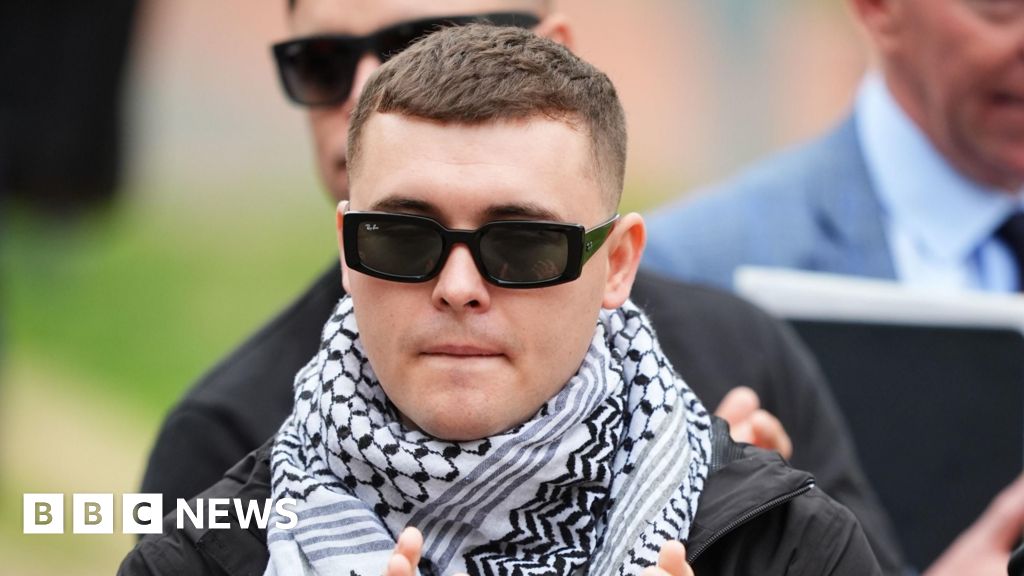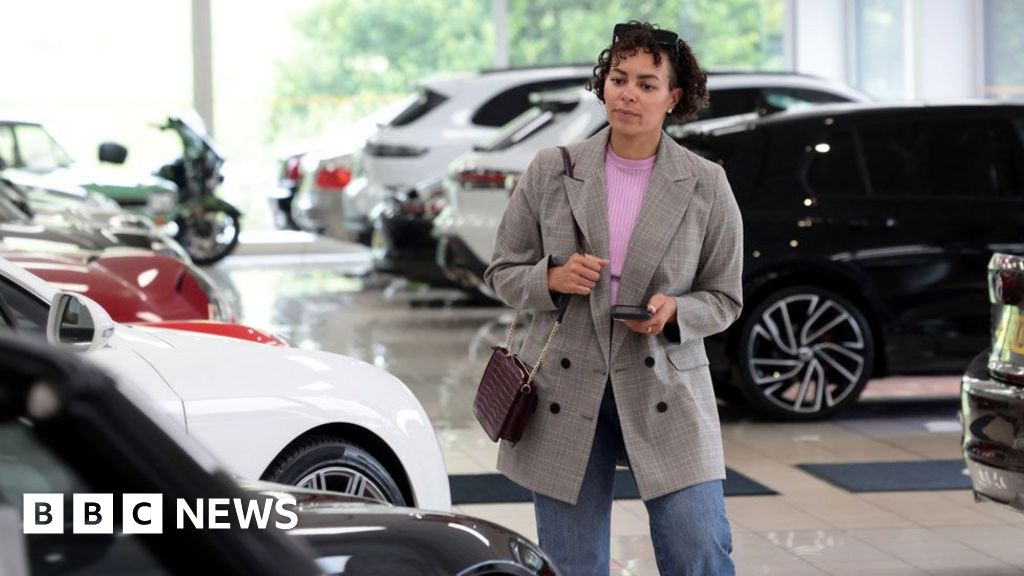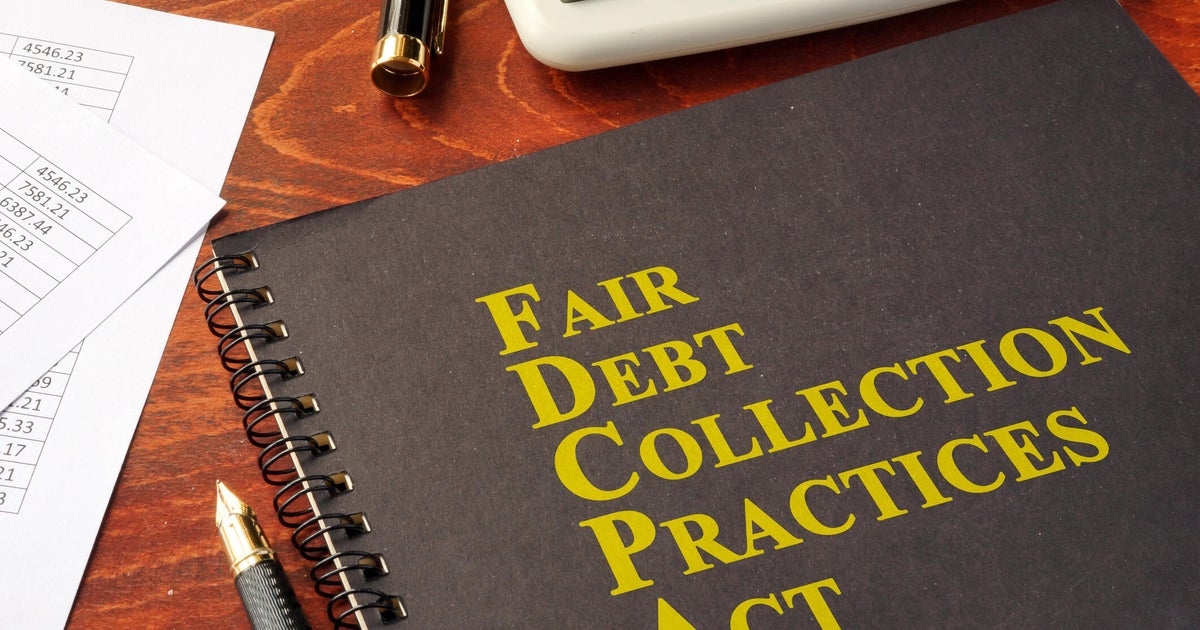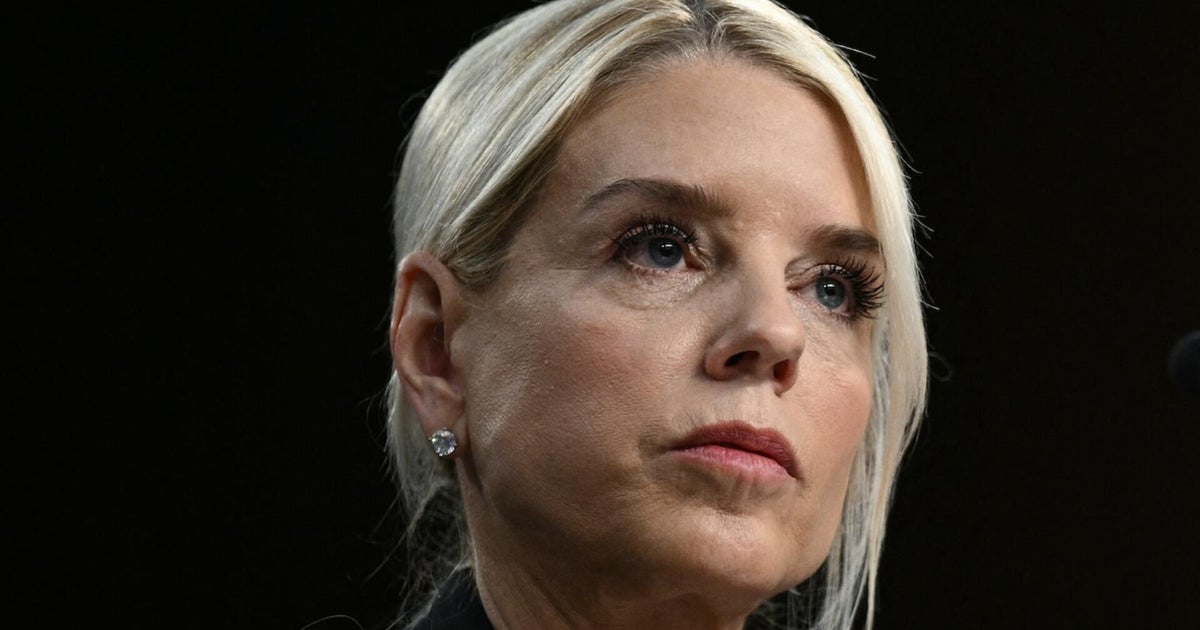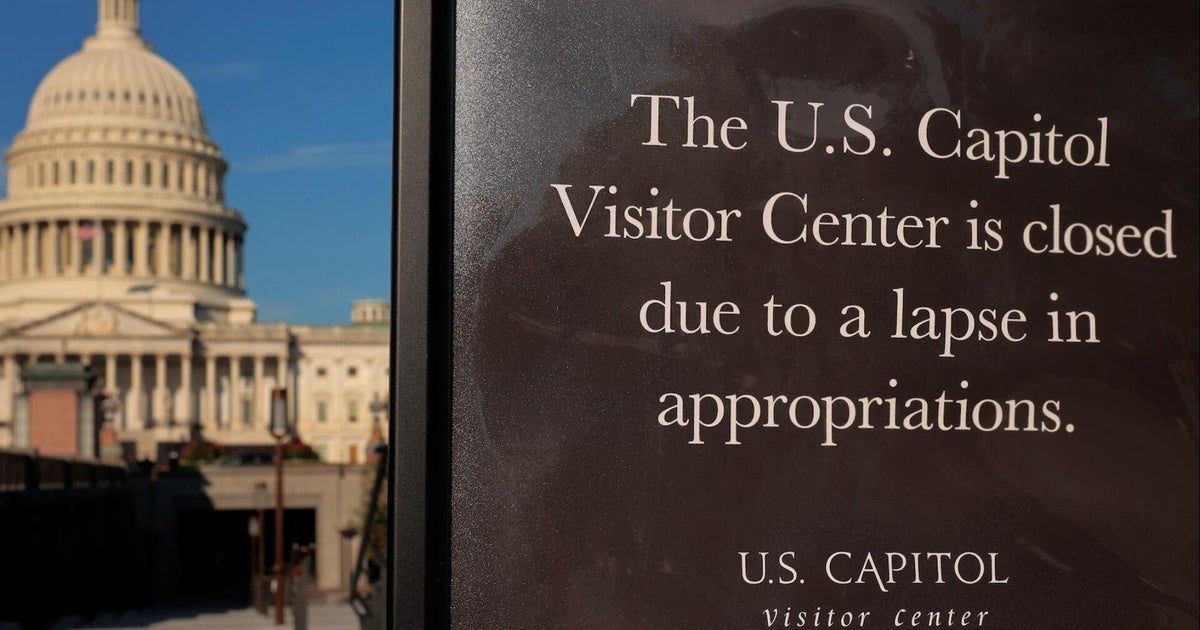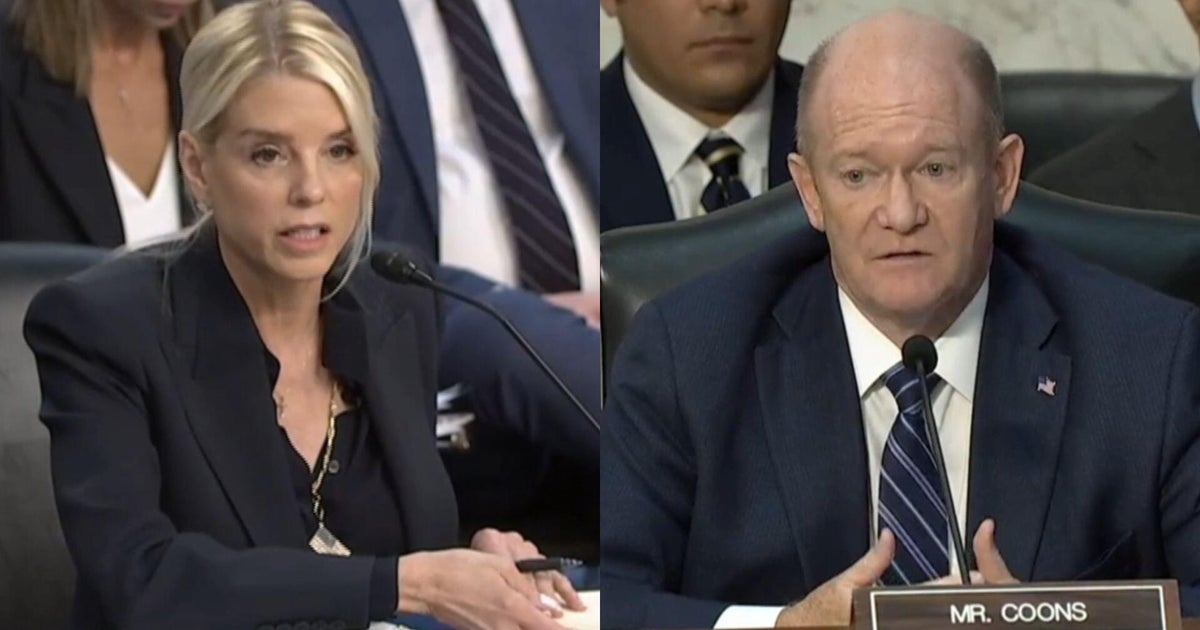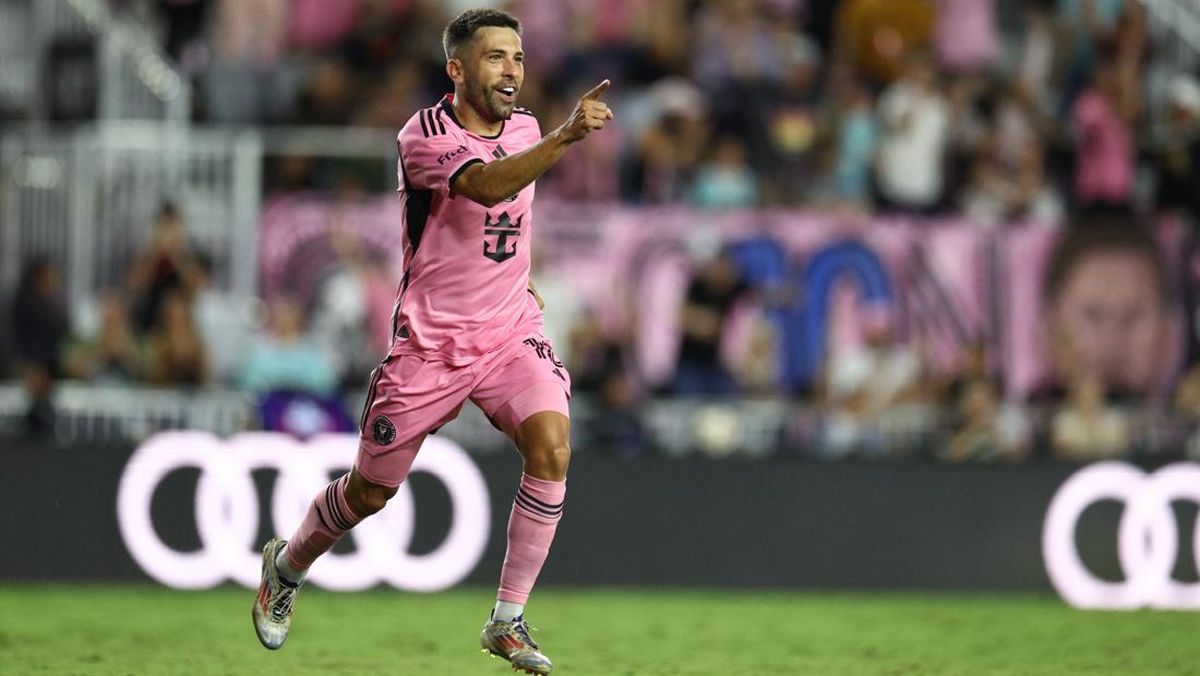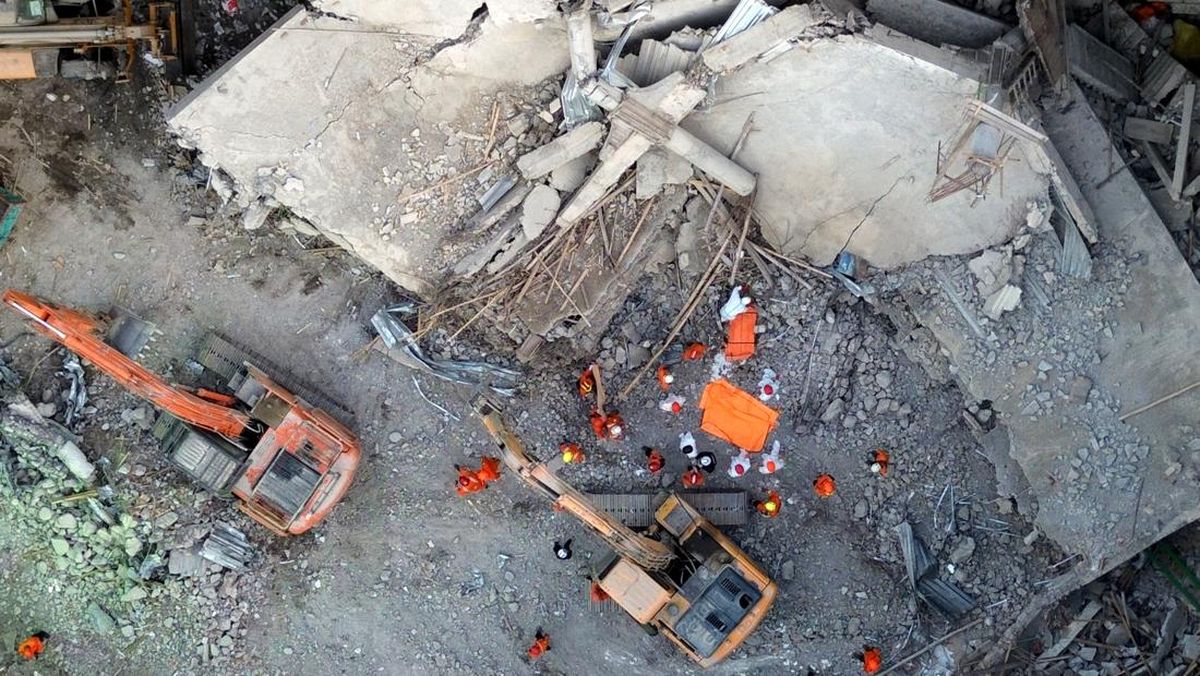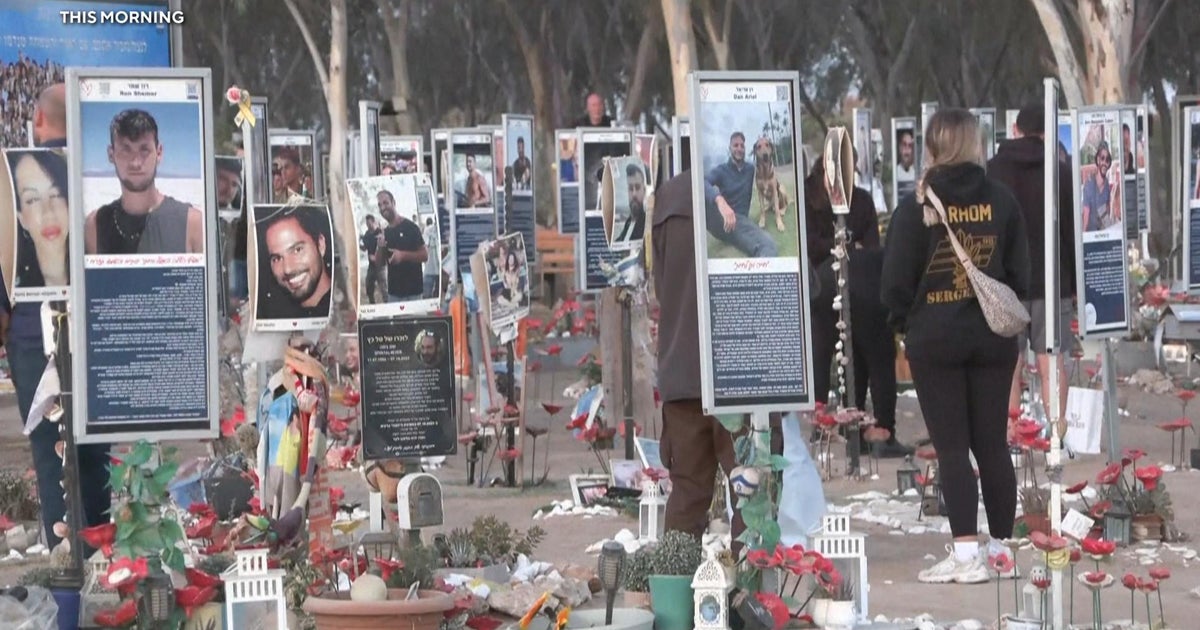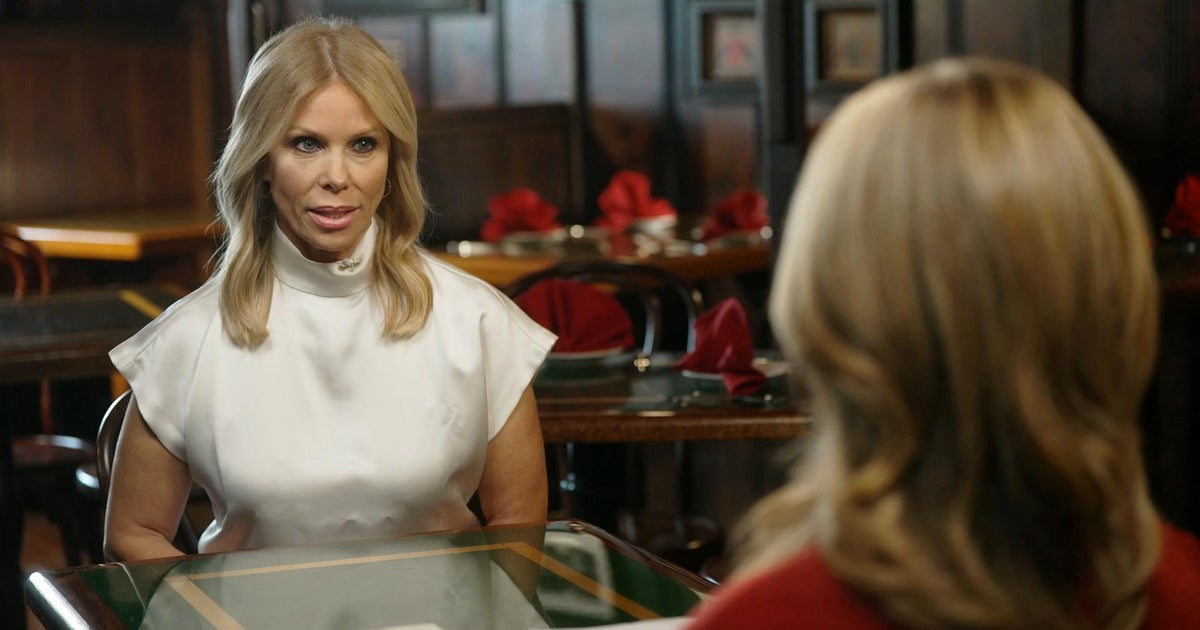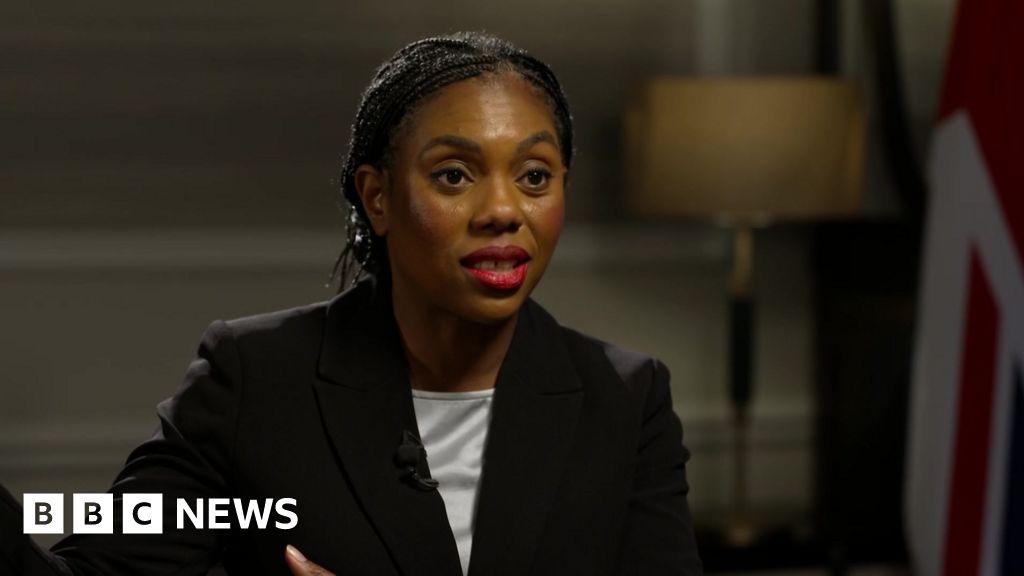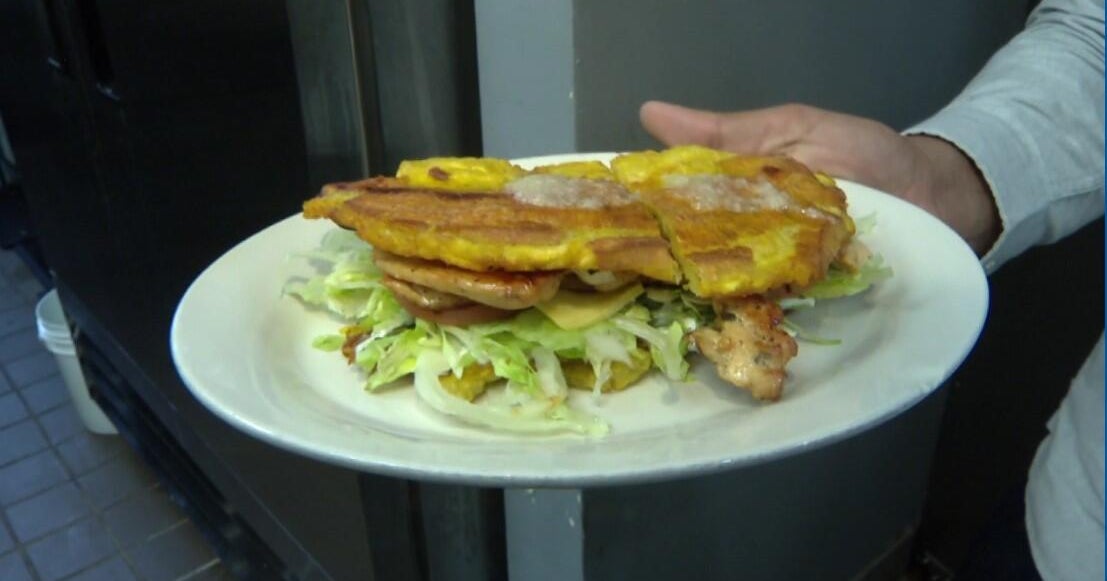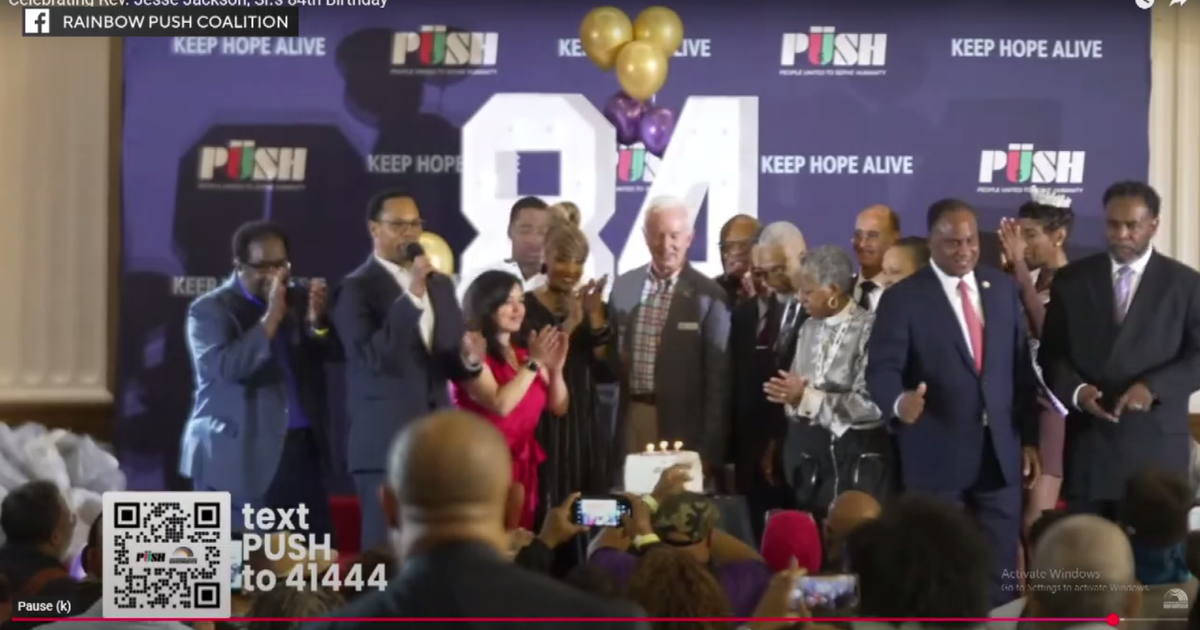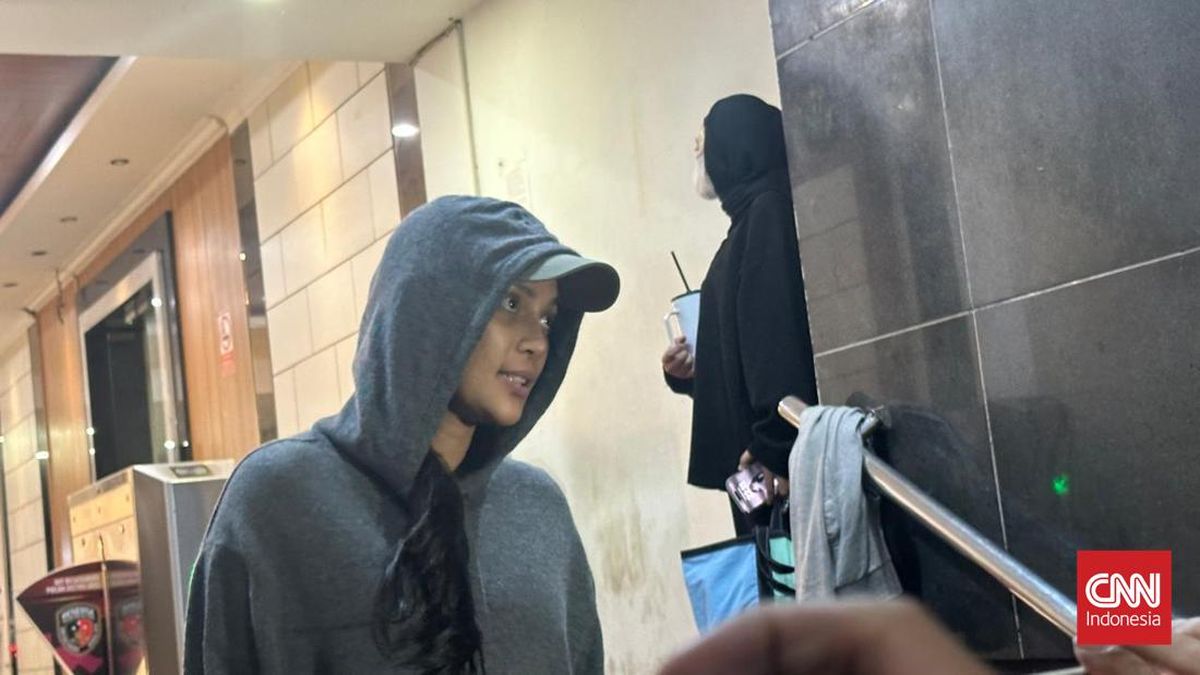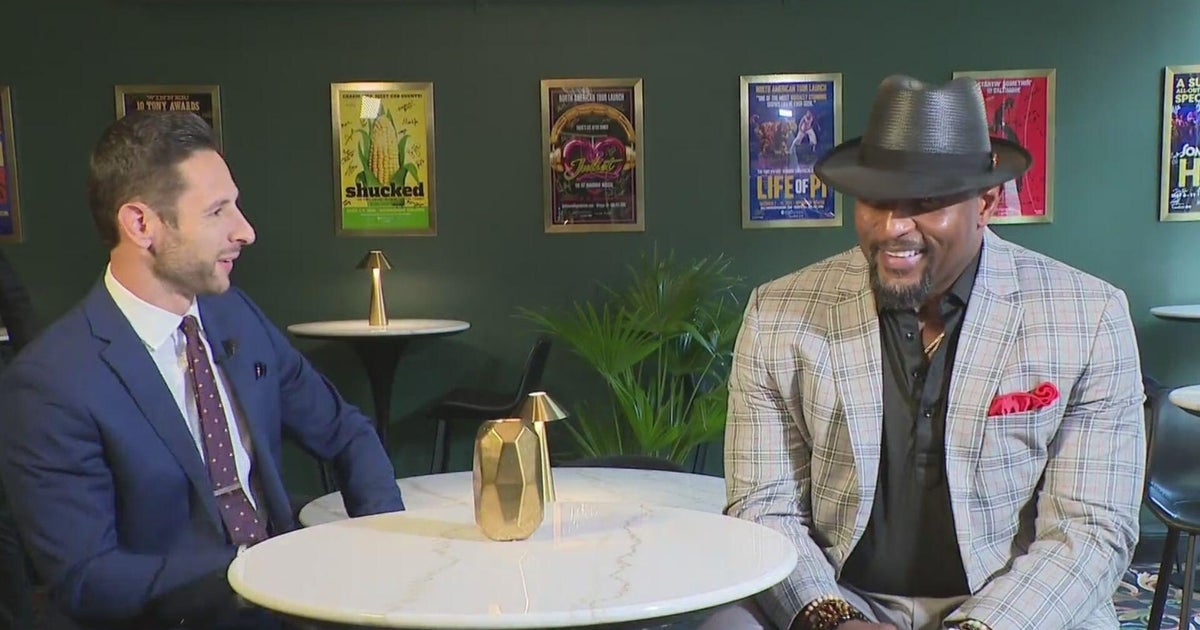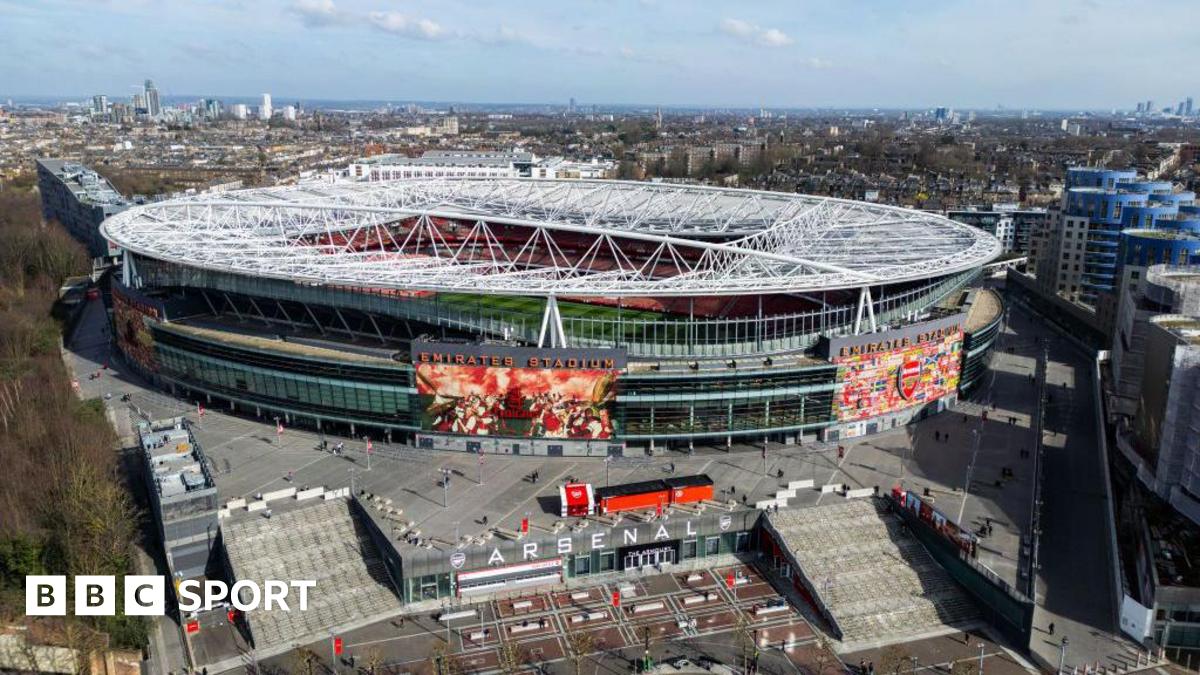Australia’s decision to recognise a Palestinian state as part of an international coalition helped encourage Israel and the United States to agree to a sweeping Gaza peace plan, Anthony Albanese has argued as he backed Donald Trump taking on a hands-on role in post-war Gaza.
As he looks ahead to his upcoming meeting with Trump in Washington, DC, on October 20, the prime minister demurred on whether the president should be awarded a Nobel Prize and would not say if he had faith in Israeli Prime Minister Benjamin Netanyahu’s commitment to ending the war in Gaza.

Prime Minister Anthony Albanese in Abu Dhabi on Monday.Credit: Dominic Lorrimer
Decompressing in the boardroom office of the prime minister’s jet as the Middle East vanished below, Albanese sat down with this masthead on the return leg of the longest international trip since he came to office. Freed from formal meetings, Albanese cut a casual figure in a NSW Blues State of Origin jersey with his name on the back.
Albanese’s 11-day trip took him from New York to London to Abu Dhabi via a controversial stop in Liverpool to speak at the United Kingdom Labour Party conference. His final official engagement – a meeting with United Arab Emirates President Mohamed bin Zayed Al Nahyan – came just hours before Trump and Netanyahu stood together in the White House to announce their peace plan.
The US and Israel publicly opposed the push to recognise Palestine as a state led by French President Emmanuel Macron, which Australia joined at last week’s United Nations General Assembly, branding it a reward for Hamas’s October 7, 2023, attacks. The federal Coalition slammed it as premature. After much equivocating, New Zealand decided now was not the right time.
Albanese believes the unveiling of Trump’s peace plan, which Hamas has not accepted or rejected, vindicated his decision to take the plunge.

Albanese after being introduced by British PM Keir Starmer in Manchester. Credit: Dominic Lorrimer
“Undoubtedly, it was motivated by positive momentum,” Albanese says when asked whether the decision by Australia, the UK, Canada and others to recognise Palestine helped pressure Trump and Netanyahu to agree to a plan to end the war in Gaza.
“I said when I spoke originally about our intention to recognise that we would do so at a time that helped to create the momentum and that it couldn’t just be a gesture.”
Albanese stresses that recognition of Palestine, which could be dismissed as pure symbolism when viewed in isolation, was paired with intense discussions with key players about how to end the war, isolate Hamas and rebuild Gaza. In New York, he met with the King of Jordan, Abdullah II, and he sat down in London with Tony Blair, who would oversee a Gaza transitional authority under Trump’s plan.
“So we wanted to ensure it made a positive difference and I believe it did,” Albanese says. “Sometimes out of the darkest period comes a sliver of light, and there needs to be change.”
The proposal agreed by Trump and Netanyahu calls for the fighting to end, all remaining Israeli hostages to be returned, Hamas demilitarised, Israel to gradually withdraw from most of the Gaza Strip, and an interim administration [to be] installed.

Albanese in New York with fiancee Jodie Haydon (left) and US President Donald Trump and first lady Melania Trump.Credit: White House
Arab nations have approved Trump’s blueprint as the best chance of ending the war, although Hamas has not officially responded and many experts question whether the ambitious plan will succeed where other ceasefire efforts have faltered.
For Trump’s vision to work, Netanyahu would need to be committed to implementing it. Does Albanese believe Netanyahu – who has attacked him as a “weak” leader – genuinely wants the peace plan to work? Does he have faith in him personally?
Suddenly, the fluency of his previous answers disappears. “I can’t speak, you know, how would I put it?” Albanese replies before composing his thoughts. “It is clear within Israel itself, there is a range of views and one of the issues is some of the people in the Israeli government, their views have been very clear... but it is very clear that the interests of Israelis is very much in the interests of forging peace, and that is a powerful force.”
Loading
Albanese is more enthused about Trump taking on the role as chair of a Gaza board of peace, saying: “You cannot envisage a pathway to peace without direct engagement of the United States. And I do think it is a positive step forward.”
As for whether Trump should be awarded the Nobel Peace Prize, which the president clearly covets, if he pulls off his Gaza plan, Albanese says: “I’m not on the board of the Nobel Peace Prize... The issue here is peace and security for millions of people in the Middle East. That’s the motivation, that’s the only consideration here.”
Asked about Australia’s potential role in post-war Gaza, including as part of an international peacekeeping force, Albanese could easily rule out any role on the ground. He has not, however, despite multiple opportunities. “Well, we’ll wait and see,” he says, stressing the proposals are in their early stages but leaving open the possibility of a role for Australia.
Throughout his trip, Albanese expressed striking confidence that the Trump administration will stick by the plan to sell Australia nuclear-powered submarines. International reporting increasingly suggests his confidence is warranted. If American support for AUKUS is secure, what is the top priority for his meeting with Trump on October 20? “Just continue to build the relationship,” Albanese says. “I’ve had very constructive discussions and engagement with the president on five occasions now. It’s an important alliance for Australia, and it’s very positive. I look forward to it.”
Cut through the noise of federal politics with news, views and expert analysis. Subscribers can sign up to our weekly Inside Politics newsletter.
Most Viewed in Politics
Loading

